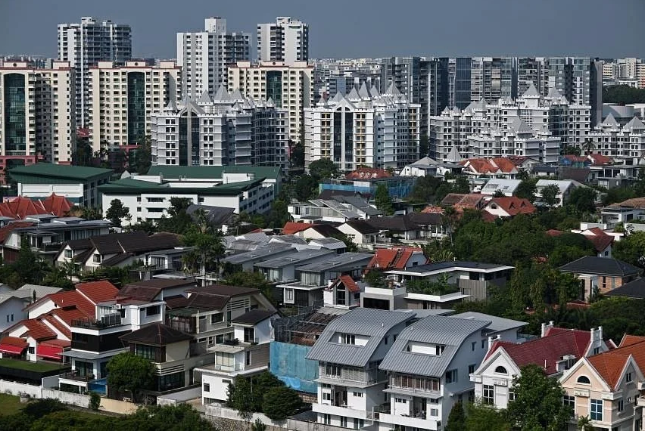Exploring the Possibilities and Implications
As Singapore’s Budget 2022 approaches, speculation has been growing about the potential introduction of a wealth tax, particularly targeting property. Analysts suggest this could come in the form of adjustments to existing property-related taxes or the introduction of new levies.
Potential Changes in Property Taxation
KPMG Singapore’s tax partner See Wei Hwa noted that expanding stamp duty or property tax could effectively target wealth tied up in real estate, which is a significant driver of wealth in Singapore. Such measures could also help stabilise property prices, ensuring affordability for younger generations, while providing the government with an additional revenue source.
Similarly, Shantini Ramachandra of Deloitte highlighted that recalibrating property tax rates or buyer’s stamp duty for high-value properties might be a feasible option. Another possibility she mentioned is a capital gains tax on luxury property sales, which would be relatively simple to administer without imposing significant compliance burdens.
Adrian Sham from Grant Thornton emphasised that investment properties, especially those left vacant, could be an ideal target for such taxes. These properties often act as “safe havens” for foreign wealth without contributing to the local economy.
Balancing Revenue Needs with Global Competitiveness
While a wealth tax could address income inequality and generate revenue, it poses risks to Singapore’s status as a wealth management hub. Tax expert See Wei Hwa cautioned that imposing a broad wealth tax might impact Singapore’s reputation as a business-friendly destination. The government would need to weigh the potential revenue benefits against the risk of driving investors and ultra-high-net-worth individuals out of the country.
Finance Minister Lawrence Wong and Prime Minister Lee Hsien Loong have both acknowledged the challenges of implementing a wealth tax. PM Lee called it an essential part of a fair and progressive revenue system but noted its complexity, particularly in balancing taxation across consumption, income, and wealth.
Conclusion
While a property-related wealth tax appears to be a likely consideration for Budget 2022, the government is expected to proceed cautiously. Any measures will need to carefully balance the objectives of narrowing the income gap, generating revenue, and maintaining Singapore’s global appeal as a wealth and investment hub.








